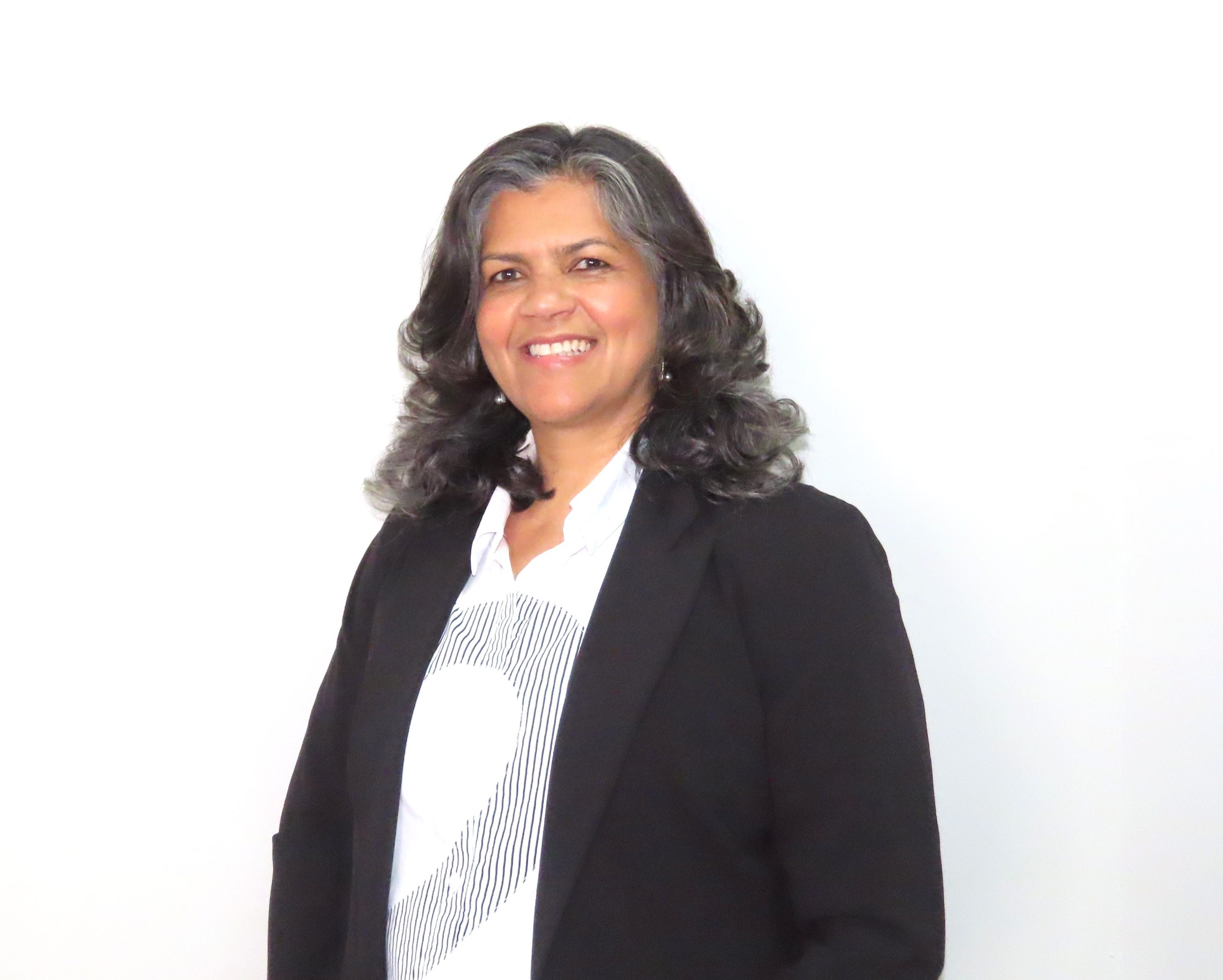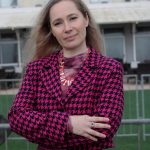Last year the SAERA committee created an opportunity for wider participation in thinking about the Nelson Mandela Lecture series as one of our key annual activities. We extended a call to the wider educational community to invite you to reflect on:
- What of Nelson Mandela, in his speeches, writings and actions, might have inspired your view of education?
- What about Mandela’s memory is educational as opposed to just inspirational?
We selected the following reflection, submitted by Dr Sinobia Kenny and Dr Ekaterina Rzyankina, to publish and share here. We congratulate the authors on their contribution to engaging the wider educational community with Nelson Mandela’s legacy.

Dr Sinobia Kenny
PhD (Stellenbosch), African Institute of Mathematical Sciences (AIMS) South Africa, Stellenbosch University

Dr Ekaterina Rzyankina
PhD (University of Cape Town), Lecturer at Cape Peninsula University of Technology
Our reflection begins with the first author’s recounting of her educational journey. She reflects on a pivotal moment as a young woman during her first year of study at the University of the Western Cape, when Nelson Mandela was released from Pollsmoor Prison. She was among the thousands who took the train to witness his arrival at the City Hall, where he greeted the masses. Spirits and tensions ran high that day. She recalls feeling excited to be a witness to history, yet slightly anxious that someone might disrupt the momentous occasion. Something changed in her that day something she had not experienced before. It deepened her resolve to succeed in her education. Although she was unsure what success meant at the time, she felt a profound shift within herself, a sense of authenticity and boundless possibilities for a future in education.
Reflecting on this transformative moment, she draws on the writings of Charles Taylor (1998), who posits that there is an intangible and universal aspect within all of us that remains constant and helps shape our intuitions. Those gathered at the Grand Parade felt a collective sense of oneness a critical moment in her life that she had never experienced before. Taylor (1998) highlights that this universal self, this feeling of unity, is rooted in a shared pursuit of an authentic life where individuals strive to remain true to themselves. For her, this pivotal moment ruptured the layer covering her potential, leaving her with a sense of boundlessness. It was then that she came to view education as a process of rupturing potential to exercise authenticity
As educators, we often ponder how to facilitate such ruptures of potentiality in our students. We have come to realise that there is no perfect time or place to plan such moments. There is no timetable or school to teach this process. As Taylor (1998) suggests, realising one’s potential is a personal journey that individuals must discover and articulate independently. To do so, we must be aware of the frameworks within which we operate frameworks that connect us to a universal self while simultaneously allowing us to discover our authenticity, or as Taylor (1998) puts it, “my own way of being.”
In our reflections, the framework that guided us was the realisation of a future without boundaries or limitations. We came to know our authentic selves and our paths. According to Taylor (1989:28), making sense of our lives requires these frameworks some are dynamic and evolving, while others remain steadfast and unchallenged. These frameworks act as reference points for evaluating our own lives and those of others. In our lived experiences, these frameworks fluctuated between the gateways of universities, role models, like-minded peers, and introspection about our identities and authenticity. Relating to ourselves and others became an essential part of shaping our lives. Through these relationships, we were able to adjust and even change our frameworks, bringing new meaning to our journeys.
In essence, while school provided a curriculum, it was also a space where teachers tapped into our potential by sharing their lived experiences. How we relate to ourselves, to others, and how others relate to us profoundly affects our sense of self and, ultimately, our authenticity. This view is not uncommon. Mead (1964:203) affirms that we make sense of who we are in relation to others, engaging in an internal dialogue and considering others’ perspectives. Taylor (1989:35) similarly asserts that we cannot define ourselves without “reference to those who surround us.” For us, social encounters have been pivotal to our development. At times, we felt lost, but the universal self always found a way to return us to our authentic selves.
Equally important is Mendieta’s (1997:498) caution against adopting negative images of ourselves or “interiorising” the images others have of us. Interiorising false images may be part of the educational process, but it also fosters critical deliberation. We have come to appreciate that all social encounters-whether positive or negative-matter. Revisiting Nelson Mandela’s famous words, “Education is the most powerful weapon which you can use to change the world,” we now understand education not as something imposed upon us but as a personal journey of rupturing our potential to exercise authenticity. This, we believe, is the essence of true education.
References:
Mead, G.H. (1964). George Herbet Mead on social psychology. Chicago, IL, & London, UK: The University of Chicago Press.
Mendieta, E. (1997). Identity and liberation. Peace Review, 9(4), 497-502. Taylor, C. (1989). Sources of the self: The making of the modern identity. Cambridge, MA: Harvard University Press.

